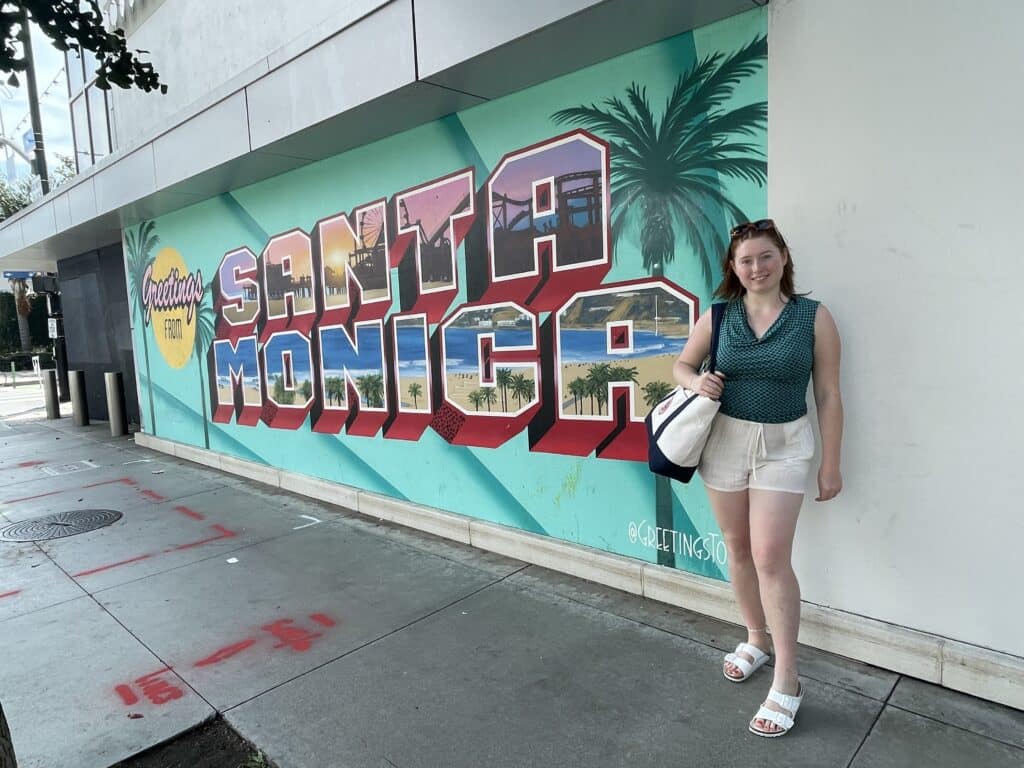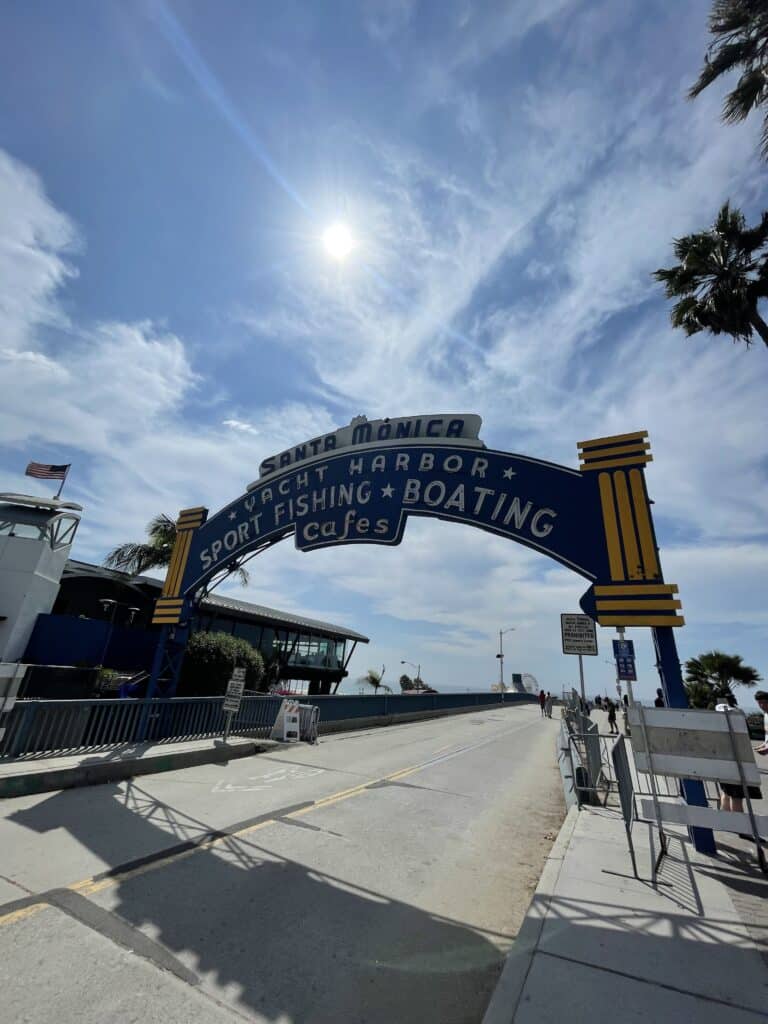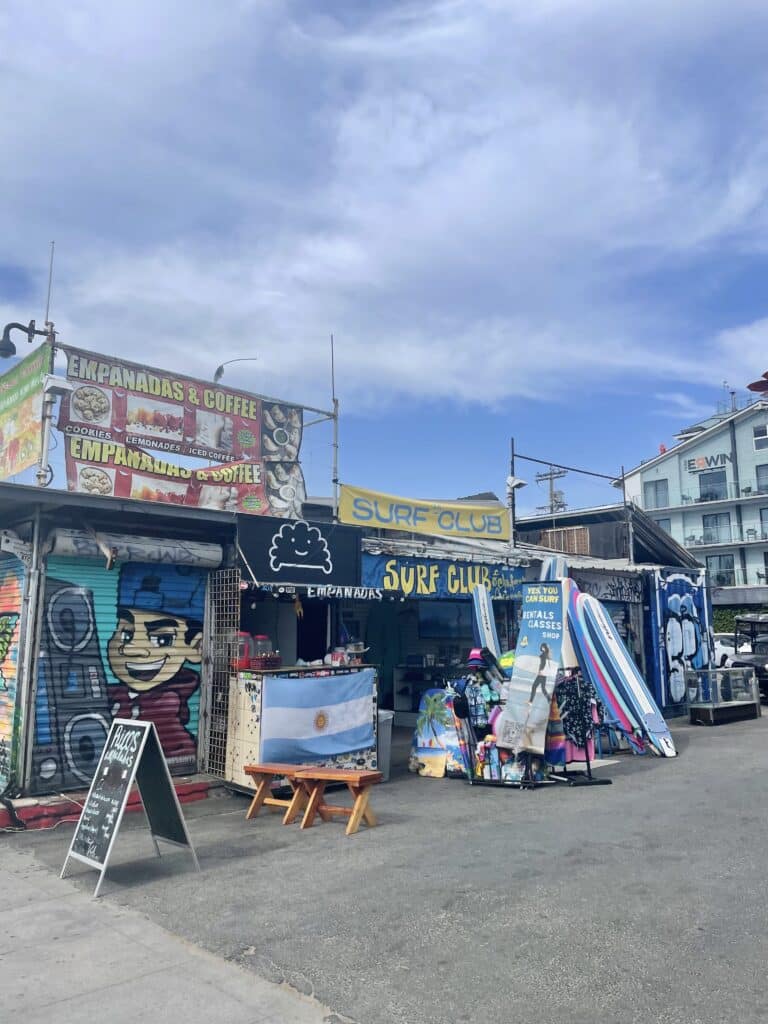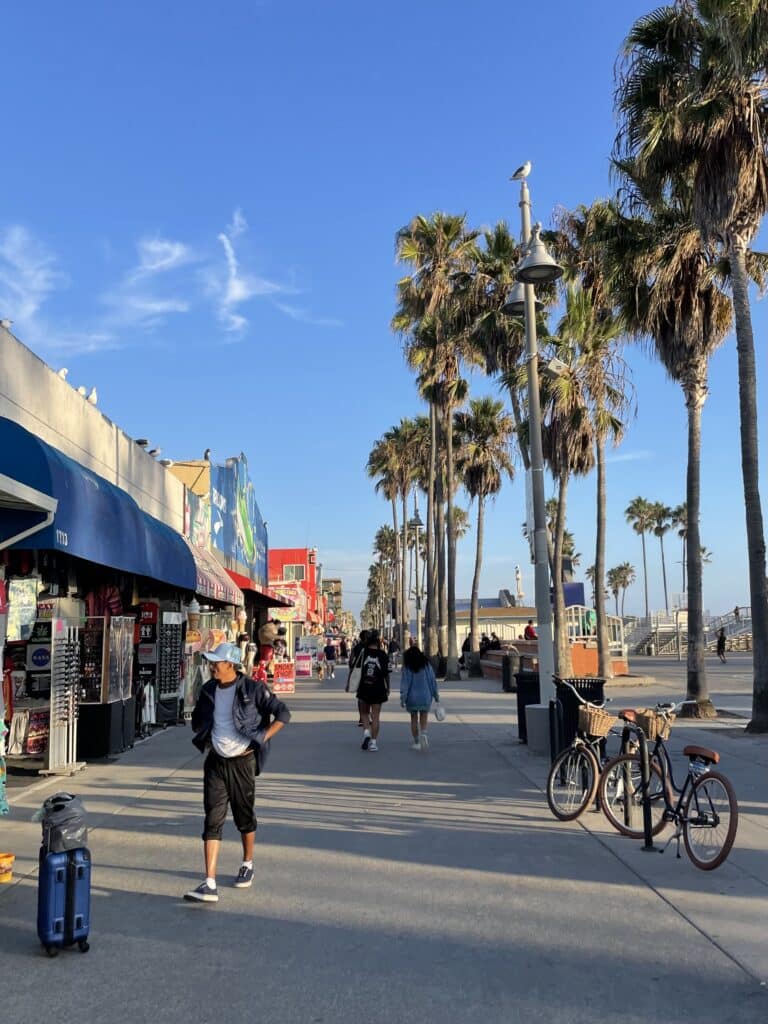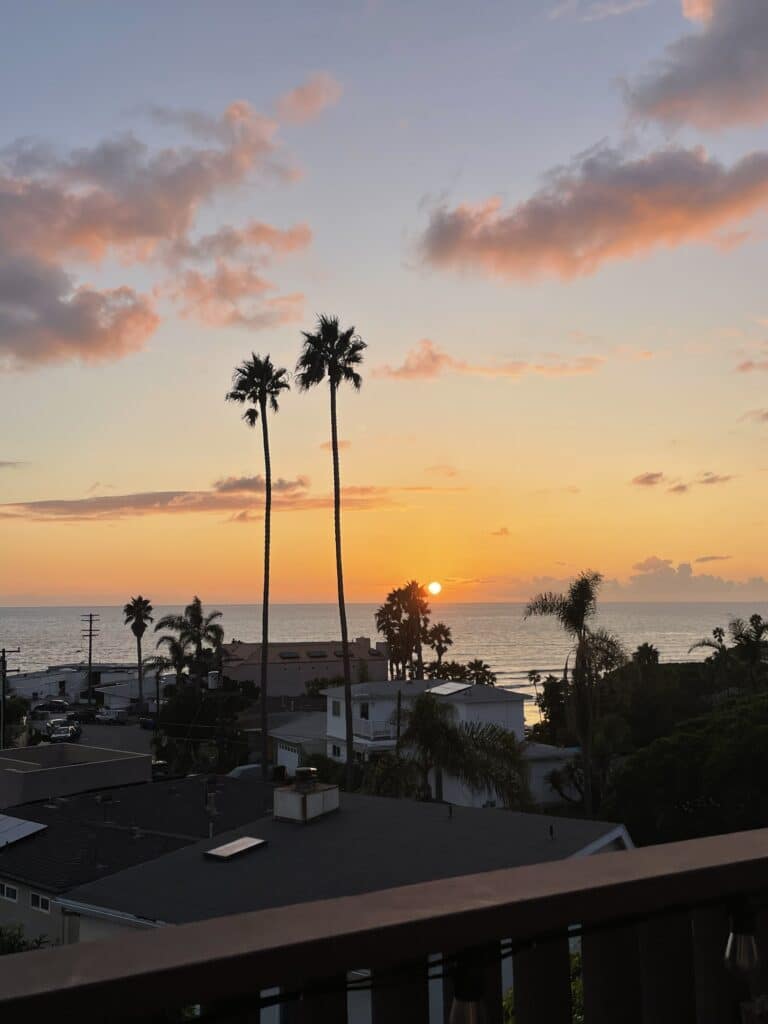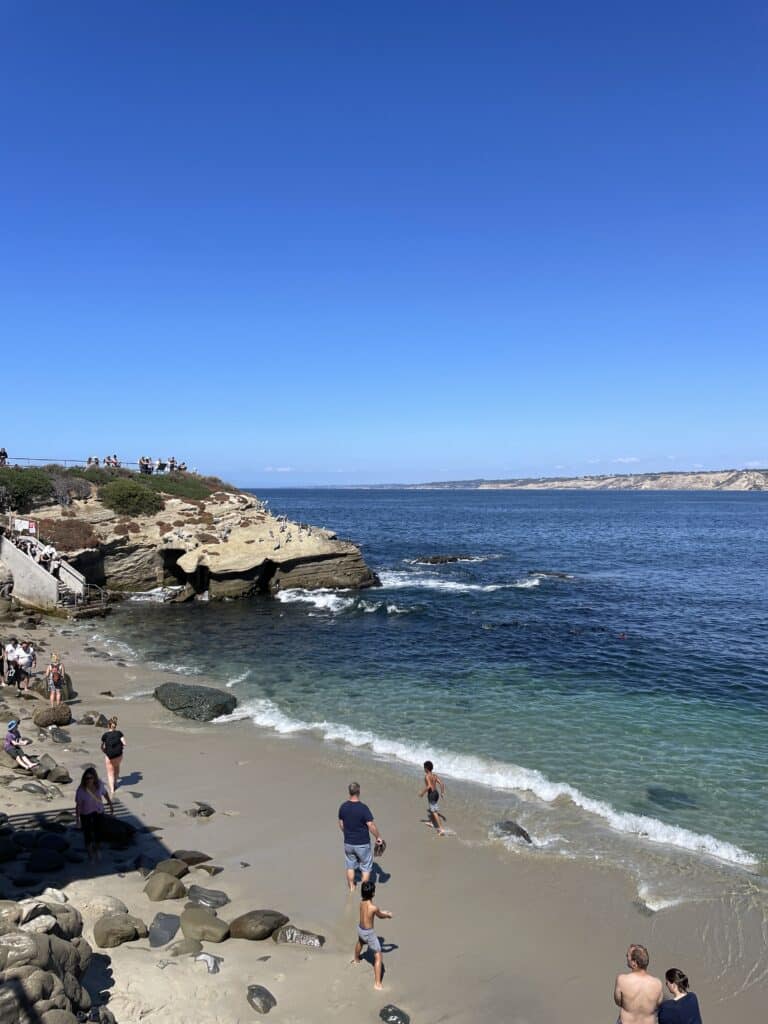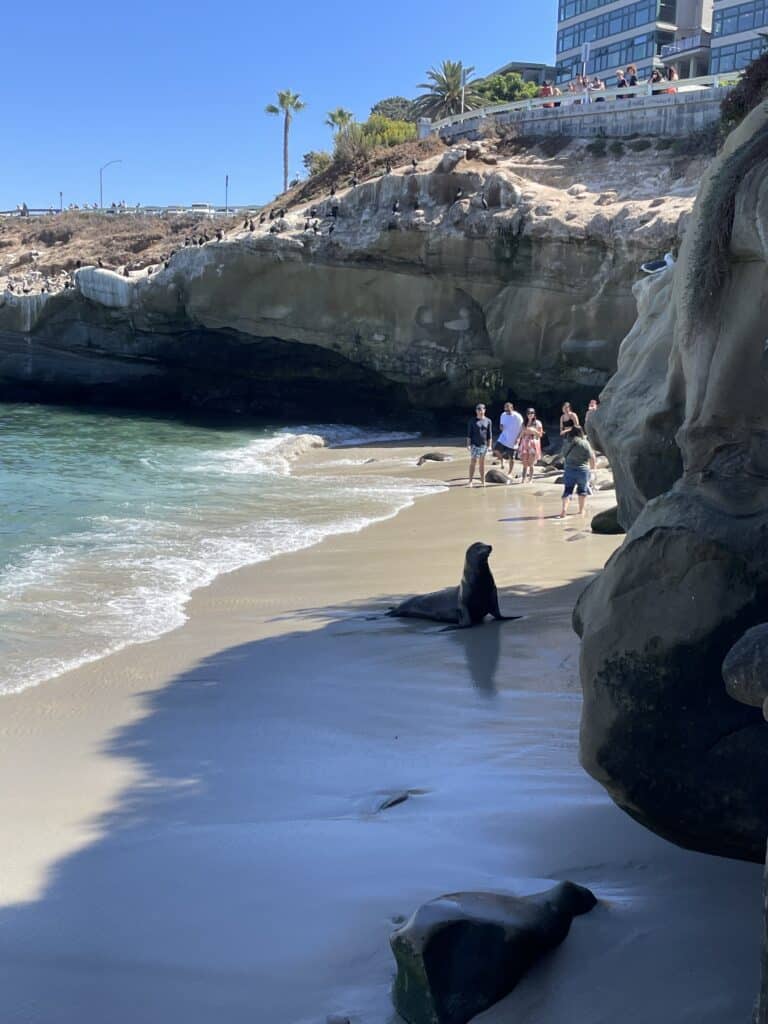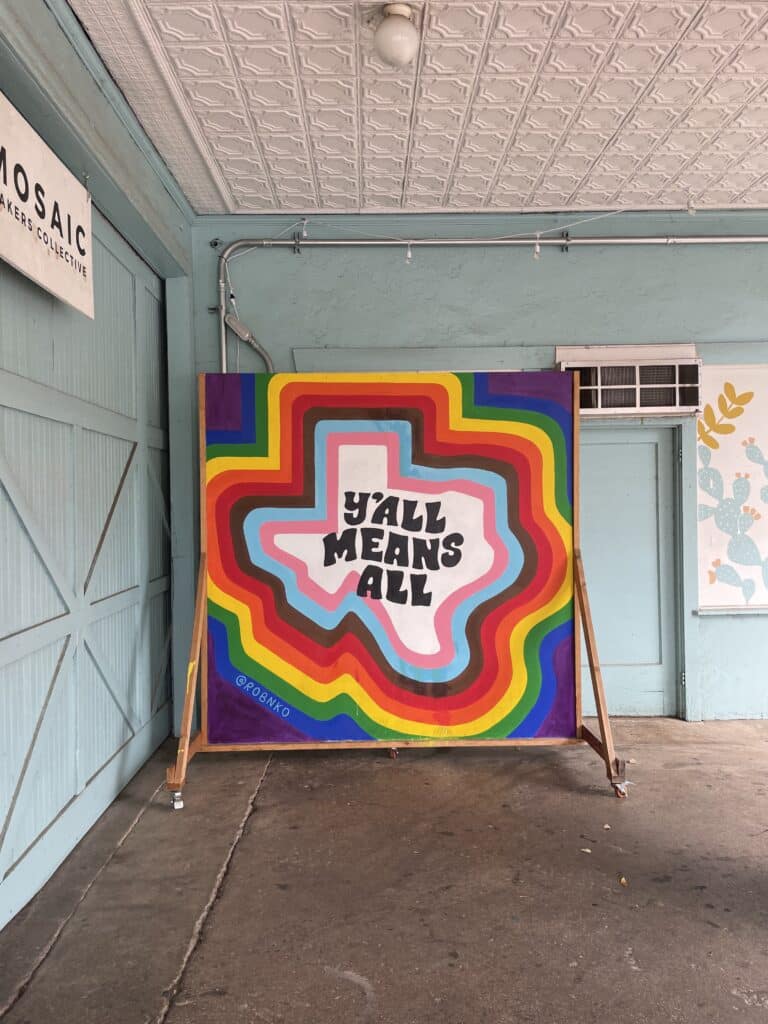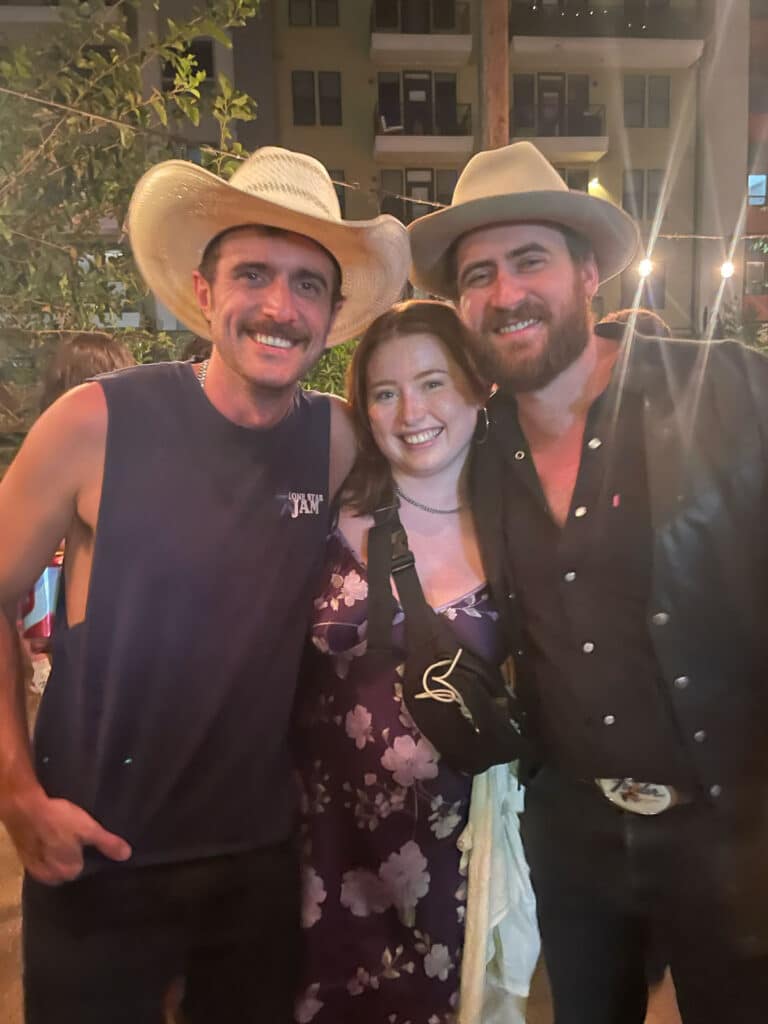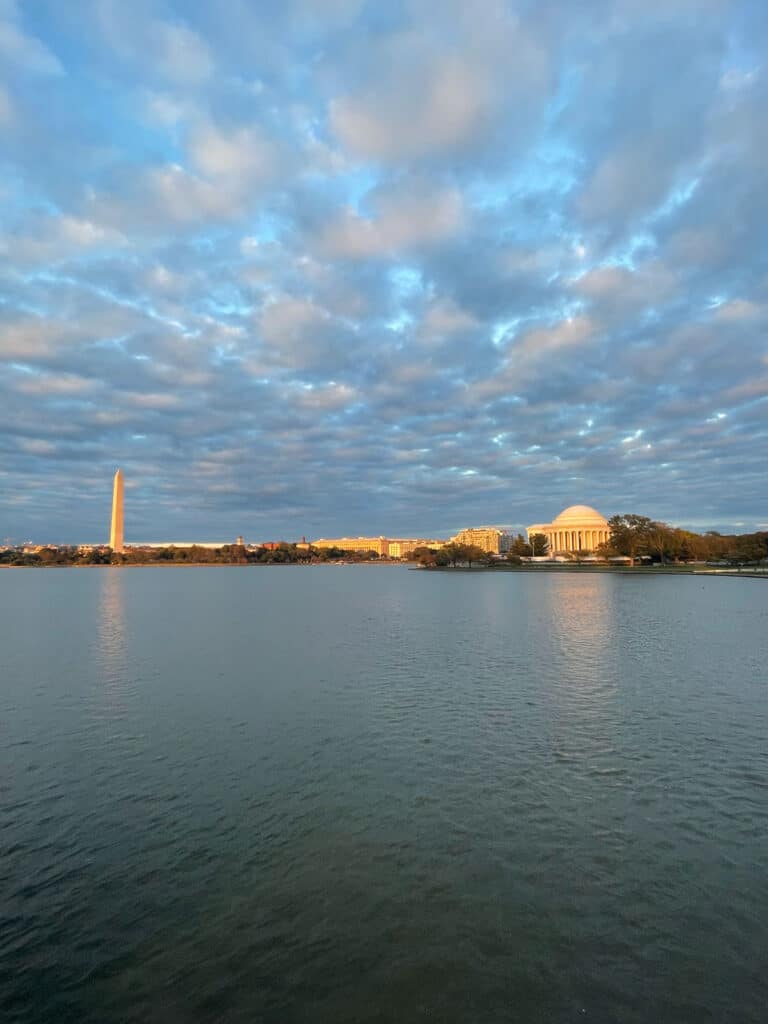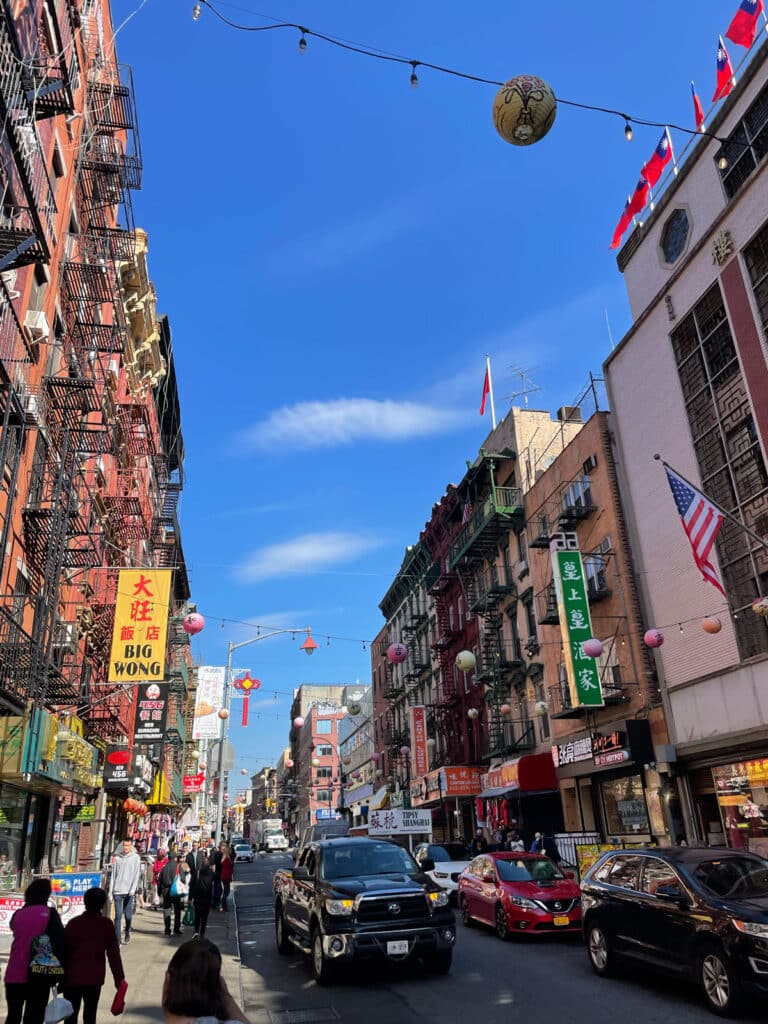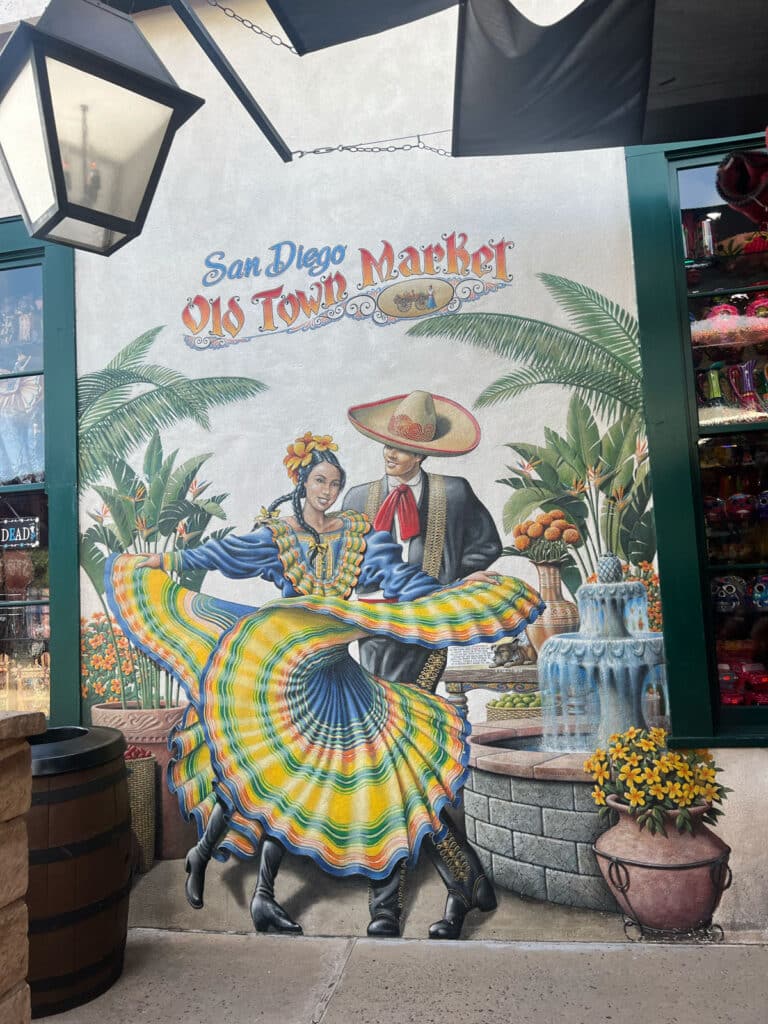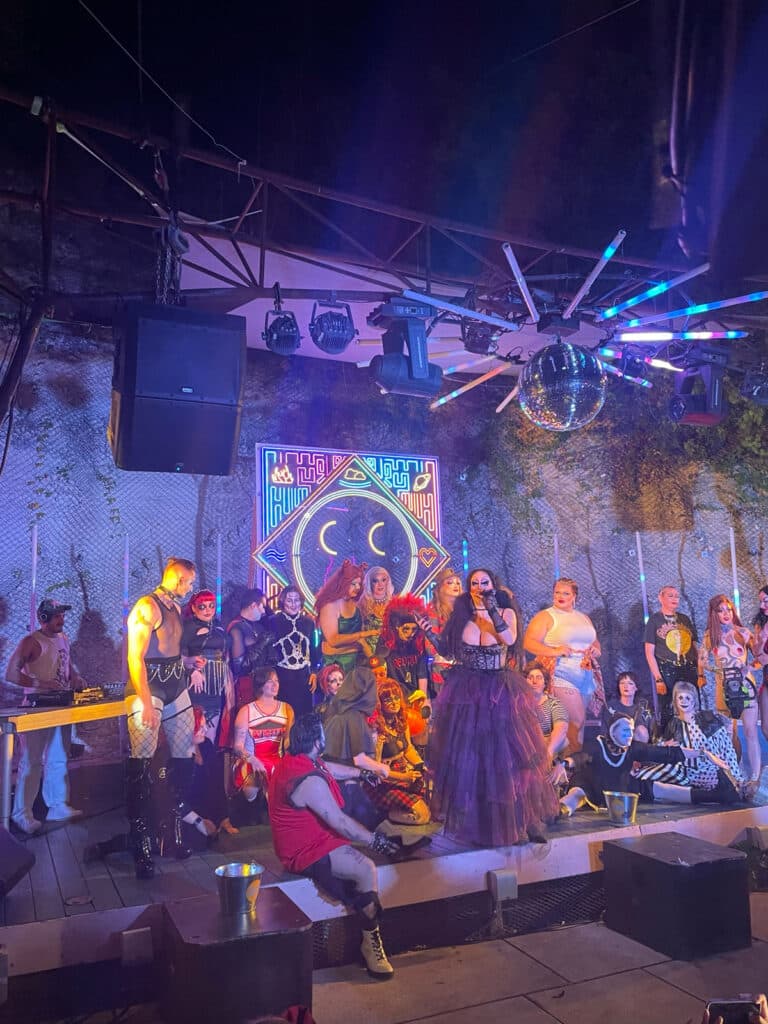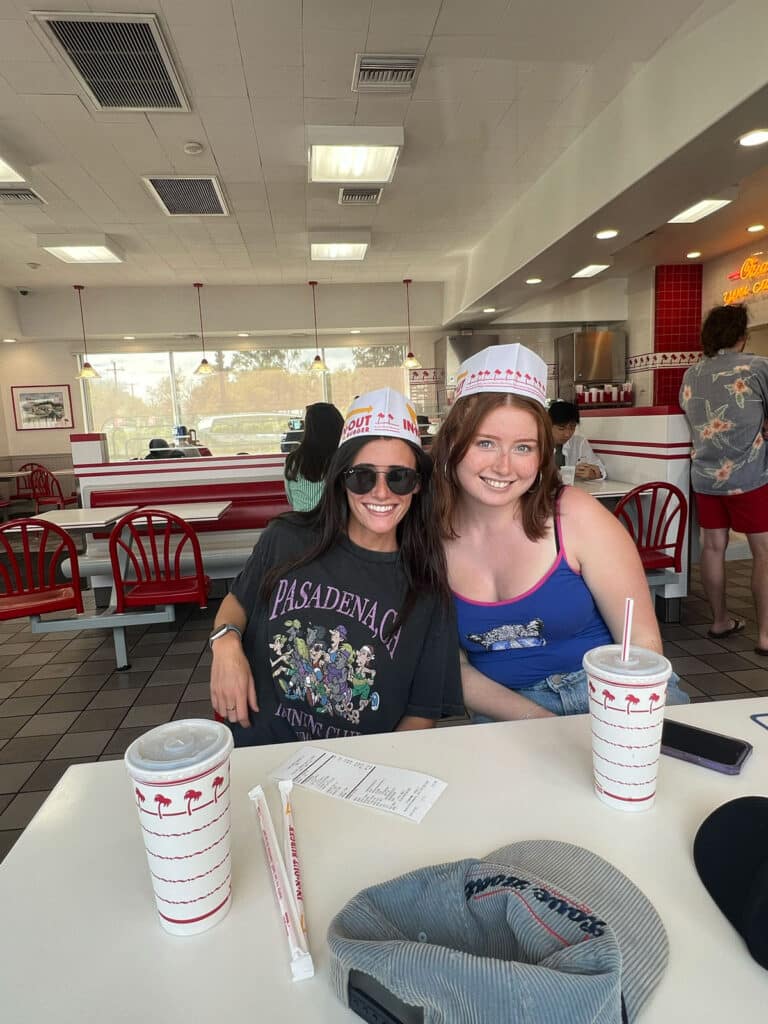In June 1963, John F Kennedy stood at the foot of the Berlin Wall and expressed American solidarity with the citizens of West Germany, tapping into the quintessentially American notion of liberty. I pondered the irony of this, as I stood at the sixth-floor window of the Texas School book depository, looking out onto the Dallas underpass where JFK took his last breaths merely 4 months later. This story of tragedy and bravery situates JFK at the very heart of American conscience, explains the exhibition now displayed in this building. In pursuit of advancing the civil liberties of African Americans, JFK paid the ultimate price. Similar tales of bravery and sacrifice are told of Martin Luther King, Rosa Parks and other civil rights activists, all of whom are central to American national identity, despite white supremacists online suggesting otherwise. Inequality, whether racial or otherwise, makes up the very fabric of American society, a notion that I would come to understand well throughout my 3-week trip.
The plan was cultural immersion. I spent my third year researching reproductive rights discourse in Texas and California for my dissertation, and was desperate to understand simply ‘why America is the way it is’. Whilst on the surface level my trip looked a little like a jolly (sunbathing on Venice beach, frequenting honky-tonk bars and dancing with cowboys) the real aim was to understand how the supposedly most developed country in the world created the cultural conditions for the restriction of reproductive justice. I had expected large cultural variation – Texas and California are opposites, after all. Texas: a state shaped by its historically contested ownership, creating the unique ‘lone star’ nationalist sentiment echoed throughout the state, from being the name of the local beer to being ingrained into the hearts and minds of locals. In contrast, California thrives on liberal cosmopolitanism, taking pride in its smoke shops and chic performing arts scene.
What shocked me more than cultural variation was, however, the stark similarities that ran across the US. For all its polarising politics, most Americans share a common goal: the pursuit of social mobility, otherwise known as the American Dream. The American dream looks different to various demographics. Conservative Texans visualise this through a lens of heteronormative nuclear family values, and the Californian and New Yorker liberals who pride business ownership and wealth as the signifiers of social mobility, simultaneously championing socially liberal policies.
However, it is not hard to pick out the faults in this theory. The US has rampant poverty that continues to increase rapidly regardless of the political leadership. Twice on this trip, I had an American person look embarrassed and bashfully apologise to me about the sheer amount of homelessness in the country. Everywhere I went, homeless people lined the streets, all victims of social exclusion and some unfortunate enough to be caught up in California’s fentanyl crisis. Nowhere told a better story of neoliberal injustice than the Hollywood Walk of Fame, where a couple of homeless people lay asleep sprawled over the star of some iconic actress or singer.
Yet despite the horrific conditions endured by many socio-economically disadvantaged Americans, the resilience in the face of this adversity was astounding. In a hostel in Dallas, I shared a room with a woman who told a story of tragedy: how she had lost her home in Hurricane Katrina, had since lost her mum, and fallen out with her daughter after expressing concerns about her abusive husband. Said argument caused her daughter to kick her out, and she had been hostel hopping ever since. However, she told me how she believes Jesus had been guiding her through hardship, and that it was her faith that was keeping her strong. She had since landed a decent job as a nursery teacher and was waiting to move into an apartment in New Orleans provided by a charity. My research had made me utterly cynical of Christianity as it has certainly played a part in the erosion of women’s rights across the US, however, this conversation made me reconsider my complete distrust of American evangelism.
Moreover, many Americans facing marginalisation partake in small acts of resistance, highlighting their refusal to accept their government’s attempts to dehumanise them. I’d heard that Austin, Texas, was ‘the blue in the sea of red’, referring to their tendency to vote Democrat, however, I severely underestimated the extent of the city’s progressiveness. Austin is home to over 250 live music venues, with street after street of clubs, bars and theatres, all bustling with a creative energy that refuses to be stifled by Southern conservatism. At a show at the iconic Cheer-Up Charlies, I watched a drag queen crudely deface a picture of Greg Abbott, the Republican state governor who attempted to ban the art form earlier that year. The crowd whooped in response, signifying a queer solidarity more powerful than any legislative body or Supreme Court. Many Americans keep fighting for justice, despite being subjected to a political system that invalidates both individual and collective experiences of marginalisation, thus ensuring the continual hegemony of the elite class.
The benefits of travel are multifaceted, so do not worry if your dream trip does not fit into the jigsaw that is your CV. You will gain cultural capital, translating into confidence in interviews and talking points among peers, thus benefiting your career regardless.
Travelling was inaccessible for me growing up. I was 18 when I went on my first trip abroad, funded by my £5.50ph Saturday job as a barista, and even then my budget would only stretch to only a European mini break (had the time of my life though, don’t get me wrong). Whilst at Cambridge, I would listen to my peers list off countries they had visited across the course of their lives, feeding into my constant sense of insecurity about my working-class background. From these conversations, I came to understand how being well-travelled would be a vital part of my social mobility. I longed for the time I would be able to chime in with my own travel stories and begin to feel slightly less out of place. Thus, to have this trip facilitated by the LEAP programme was incredibly special.
